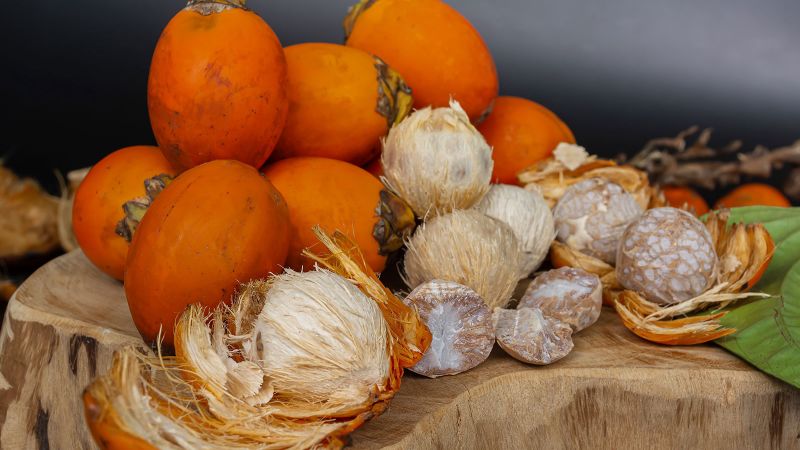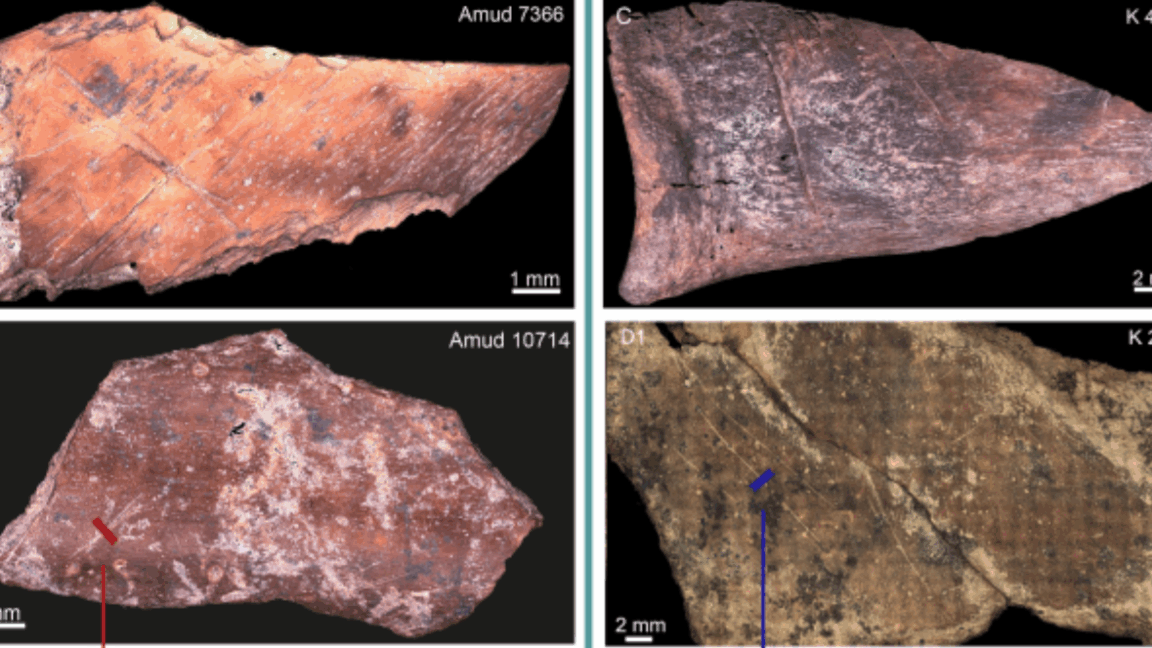T4K3.news
Ancient Thai site reveals early betel nut use
Researchers confirm 4,000-year-old traces of betel nut chewing in Thailand.

New scientific techniques uncover the historic significance of betel nut chewing in Thailand.
Ancient dental plaque reveals early betel nut use in Thailand
Archaeologists have confirmed the earliest use of betel nut chewing in Southeast Asia through an analysis of 4,000-year-old dental plaque from a burial site in central Thailand. This groundbreaking study, published in Frontiers in Environmental Archaeology, utilized a method called liquid chromatography-mass spectrometry on plaque samples. The results show traces of betel nut consumption in an individual without dental discoloration, suggesting that traditional evidence may not fully capture historic practices. Betel nuts are often chewed as a quid with lime and other ingredients, and their psychoactive properties have made them popular across Asia for centuries. Findings highlight the importance of refining archaeological techniques to uncover deeper cultural practices.
Key Takeaways
"The visible evidence that we have might not tell us the whole story"
Piyawit Moonkham highlights the limitations of traditional archaeological evidence.
"This is a method that I can definitely see being used quite frequently from now on in the region"
Dr. Melandri Vlok emphasizes the future importance of the new technique.
This research marks a significant advancement in our understanding of betel nut usage, emphasizing not just its psychoactive effects but its role in social bonding. The implications extend beyond mere history; they touch on modern health concerns regarding betel nut consumption. As this ancient practice intersects with contemporary health studies, the findings could foster greater awareness of its cultural significance while also addressing public health narratives that currently dominate discourse on the substance.
Highlights
- Archaeology meets biochemistry in groundbreaking findings.
- Ancient practices reveal modern health concerns.
- Betel nut use goes back 4,000 years, reshaping our understanding.
- This research could change how we view cultural practices.
Health implications of betel nut consumption
The study connects ancient betel nut use to current health issues, raising concerns about its carcinogenic properties.
As research continues, the full impact of these findings on social practices and health may unfold.
Enjoyed this? Let your friends know!
Related News

Ancient Wine Jars Found in Egyptian Tomb

Ancient burial practices uncovered in Egypt

Ancient Jewish community found in Cástulo

Ancient Drawings Found Near Dinosaur Footprints

Ancient fossils discovered in Indonesian Sea

Ancient Child Skull May Change Our View of Human Evolution

Neanderthal dietary differences revealed in new study

Ancient sailors transported a 2-tonne stone across seas 5,300 years ago
